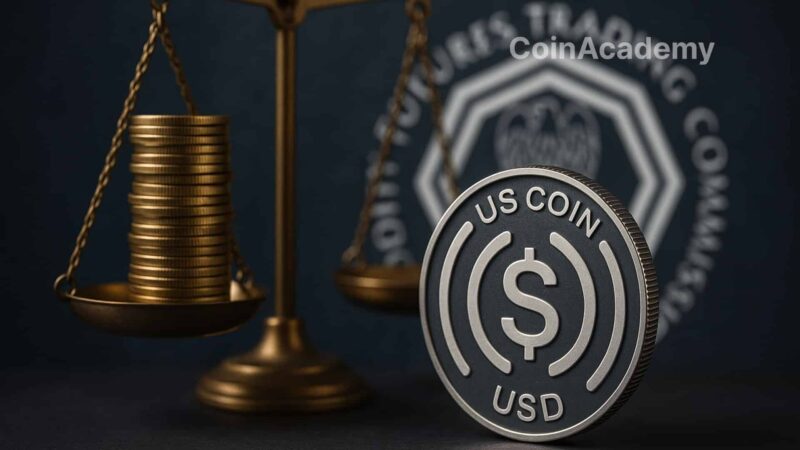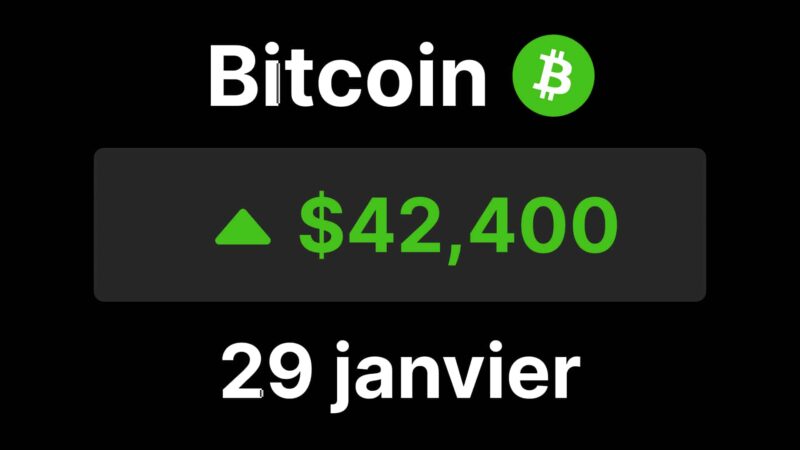The SEC’s Concerns: Solana’s Status as a Security
The SEC has expressed concerns about the status of Solana (SOL) as a security, leading to the withdrawal of the necessary forms for the approval of Spot Solana ETFs.
According to sources from The Block, the SEC has raised concerns about Solana’s classification as a security, which has resulted in setbacks for several ETF issuers seeking to launch products based on Solana.
Discussions That Hinder Progress
Before the Cboe BZX, a securities exchange, even published the essential Form 19b-4 required for the approval process of Solana ETFs, the SEC held discussions with potential issuers. These forms were never officially released, which would have started the countdown for SEC approval or rejection.
The withdrawal of the 19b-4 forms was not entirely unexpected. The SEC had previously stated in several legal proceedings that Solana could be considered a security, subjecting it to more stringent regulatory obligations. This perspective has deterred issuers, including 21Shares and VanEck, from pursuing Solana-based ETFs.
A Temporary Setback with Possible Returns
Despite this setback, it is possible that these filings will be resubmitted with strengthened arguments to demonstrate that Solana should not be regarded as a security. VanEck, one of the concerned issuers, has maintained this position, arguing that Solana functions more like a commodity similar to Bitcoin or Ethereum, which have already received SEC approval for the launch of ETFs.
On the other hand, 21Shares appears to have taken a step back, as their S-1 registration statement, necessary for the ETF launch, no longer appears in the search results of the SEC’s filing system, EDGAR. However, the direct link to this document remains active, indicating that the issuer has not completely abandoned their project.
A Cautious Approach by the SEC
Yes…
Solana ETF not happening anytime soon under the current administration. https://t.co/z18gRIFzEr pic.twitter.com/zSL5PMjDC6
The SEC’s regulatory stance on crypto, particularly Solana, aligns with a more cautious approach under the Biden administration. Many market observers believe that the chances of approving Solana ETFs will remain low as long as this administration remains in power. Some experts, such as Nate Geraci from The ETF Store, even predict that these ETFs may not have a chance until 2025 under a new administration.
James Seyffart, an ETF expert at Bloomberg, shares this view and emphasizes that even in this optimistic scenario, approval is not guaranteed.
Despite the current obstacles, the crypto industry and ETF issuers show no signs of slowing down their efforts to introduce new financial products based on digital assets. The debate surrounding Solana’s status could potentially become a landmark case in the evaluation of cryptocurrencies by regulators, forcing ETF issuers to refine their strategies and arguments to overcome regulatory barriers.




